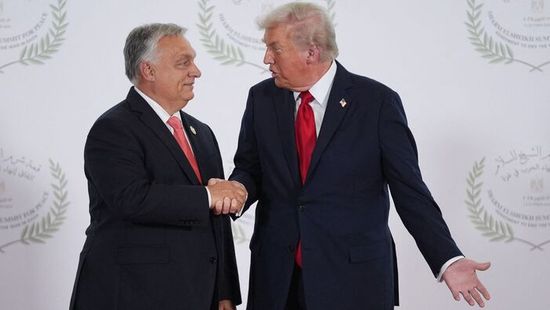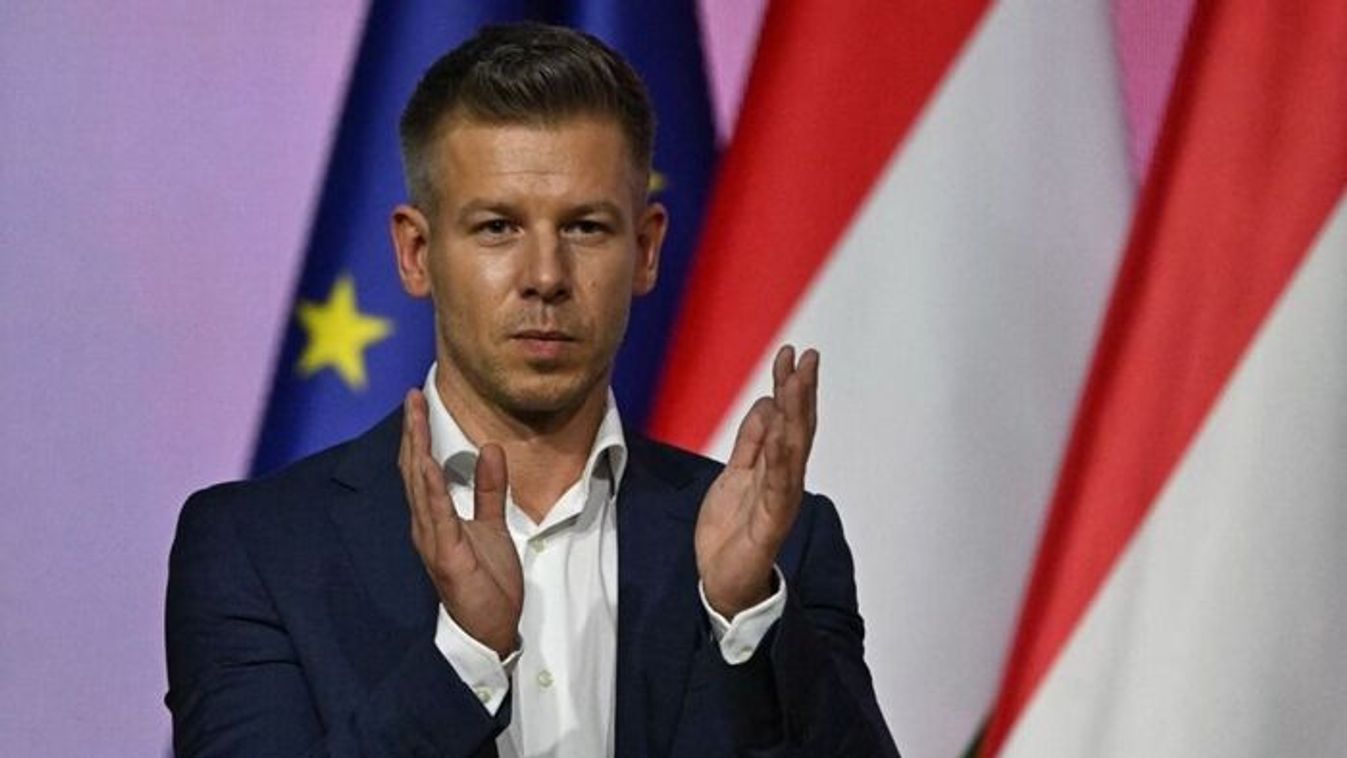The story of the Balkans is a quintessentially European story about competing claims for identity, sovereignty, and independence on a continent profoundly marked by ethnic, religious, cultural, linguistic, and political diversity and differences.(...)
Still, Belgrade and Pristina remain the two main players in these settlement negotiations. And the process of dialogue (firmly encouraged by the EU and the United States) will in itself be a factor for peace, security, and stability in the region. It buys time, and builds trust; both are sorely needed. The ruling of the ICJ has now handed the question of how to achieve a durable peace back to the actors. In essence, it is saying, time for jaw-jaw after law-law.”











